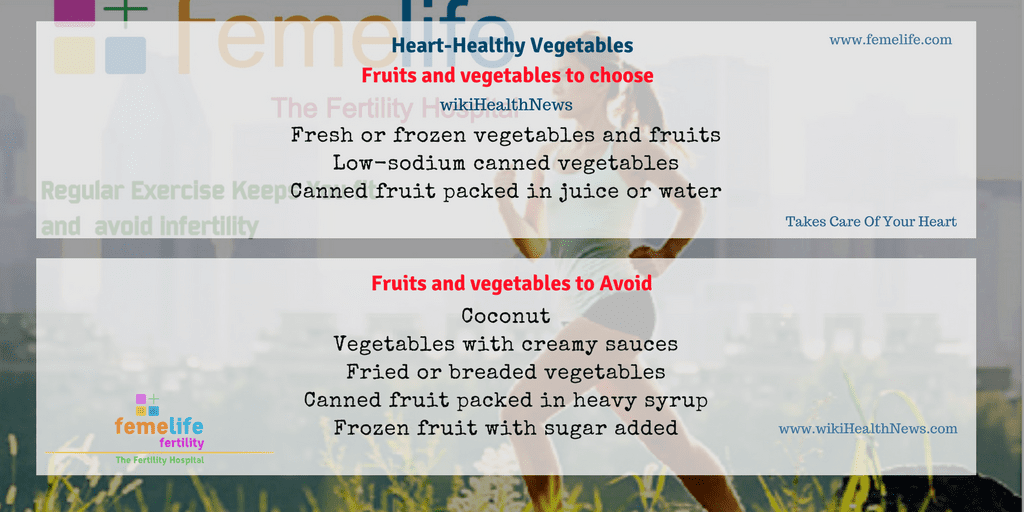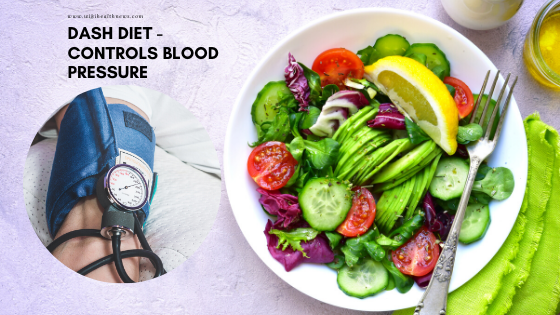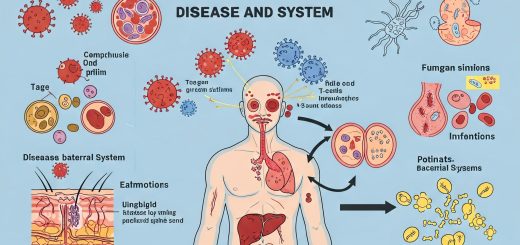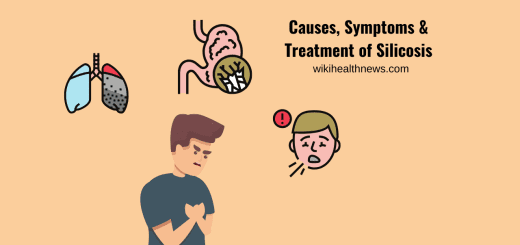Heart-Healthy Diet Tips For You

Disorders that affect the heart and blood vessels are hypertension, stroke, atherosclerosis, peripheral artery disease, and vein diseases. The risk of developing heart disease is associated with unhealthy dietary patterns. Excessive intake of sodium and processed foods; added sugars; unhealthy fats are part of an unhealthy diet. Similarly, low intake of fruit and vegetables, whole grains, fiber, legumes, fish, and nuts are also risk factors for heart diseases. Lack of exercise, overweight, and obesity, stress, alcohol consumption, or a smoking habit are signs of an unhealthy lifestyle. A heart-healthy diet guides you to life without cardiovascular accidents. Here we guide you for a heart-healthy diet.
The diet that promotes inflammation is not heart-healthy
Excessive inflammation causes blood pipe stiffening and heart diseases. Excess energy intake and physical inactivity as contributors to inflammatory conditions in your body. The diet that promotes inflammation is a high-calorie diet, red meat, excessive fat. The intake of fruits, vegetables, whole grains, nuts, seeds, and legumes is associated with lower inflammation and heart-healthy.
Vegetables and fruits make a diet heart-healthy
Vegetables and fruits are good sources of vitamins and minerals. Vegetables and fruits are also low in calories and rich in dietary fiber and should be a part of a heart-healthy diet. Vegetables and fruits, like other plants or plant-based foods, contain substances that may help prevent cardiovascular disease. Eating more fruits and vegetables may help you cut back on higher-calorie foods, such as meat, cheese, and snack foods, and makes your food a heart-healthy diet.
Featuring vegetables and fruits in your diet can be easy. Keep vegetables washed and cut in your refrigerator for quick snacks. Keep fruit in a bowl in your kitchen so that you’ll remember to eat it. Choose recipes that have vegetables or fruits as the main ingredients, such as vegetable stir-fry or fresh fruit mixed into salads.
Tips for a heart-healthy diet
- Meat-based dietary pattern is inflammatory and not heart healthy
- Diet should be a better combination of multiple foods and nutrients.
- Diet should be rich in fiber, antioxidants, vitamins, minerals, polyphenols, monounsaturated, and polyunsaturated fatty acids
- A heart-healthy diet has a low quantity of salt, refined sugar, saturated, and trans fats; and carbohydrates of low glycemic load
- A high intake of fruits, vegetables, legumes, fish and seafood, nuts, seeds, whole grains, vegetable oils (mainly, extra virgin olive oil makes a heart-healthy diet.
- Low-fat dairy foods together with a low intake of pastries, soft drinks, and red and processed meat make your diet heart healthy.

Read More











